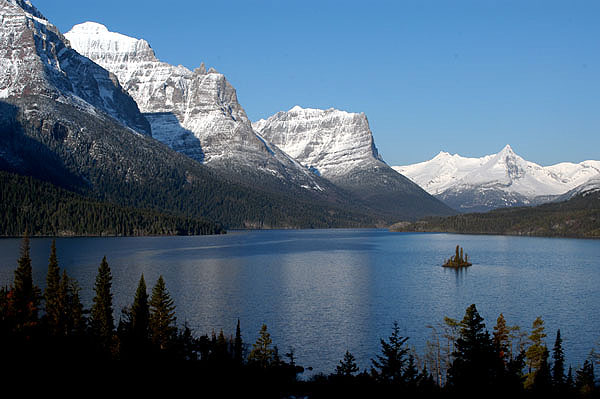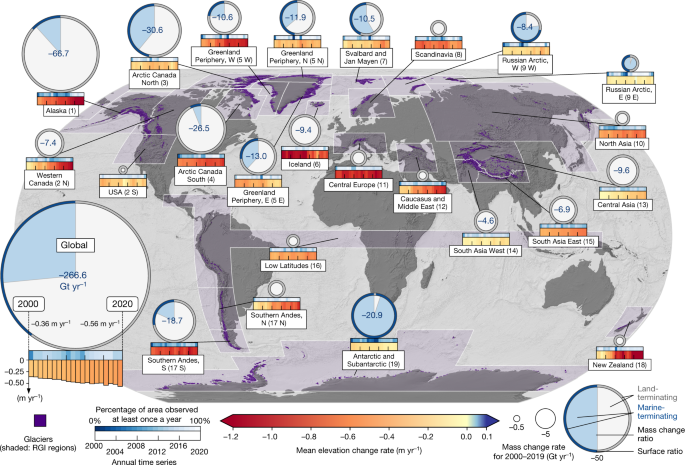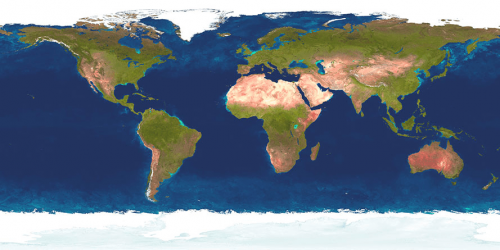Mikeoxenormous
Diamond Member
The most recent prediction i heard was that the Earth was going to be destroyed by man made global warming in 100 years. The zelots realized that their 10 year or 12 predictions(AOC) doesnt happen, so the moved the goal posts to 100 years, that way the predictors wont be around to be blamed for the lies..In 30 years the same people pushing the global warming agenda will be the ones saying they knew all along that it was BS.










 . Nothing that has ever been posted in here by a climate crusader has ever impacted the public perception. They just don't care.
. Nothing that has ever been posted in here by a climate crusader has ever impacted the public perception. They just don't care.